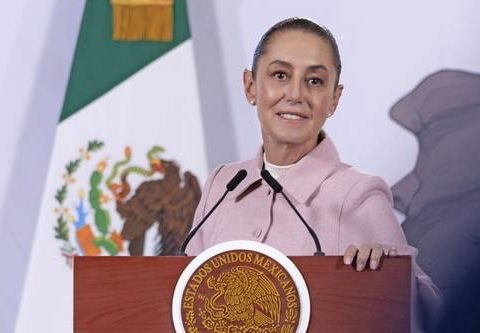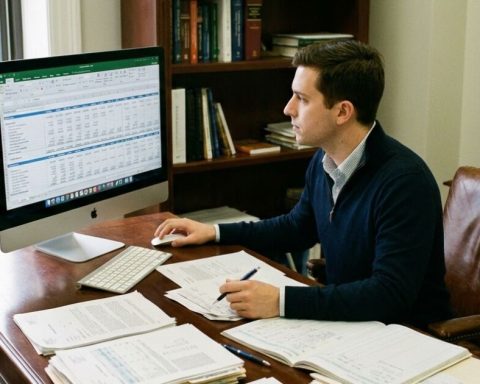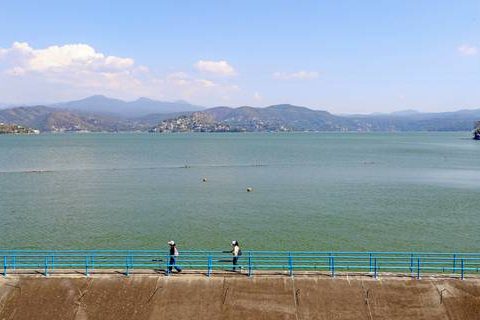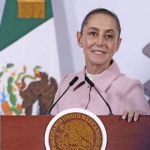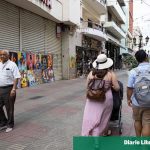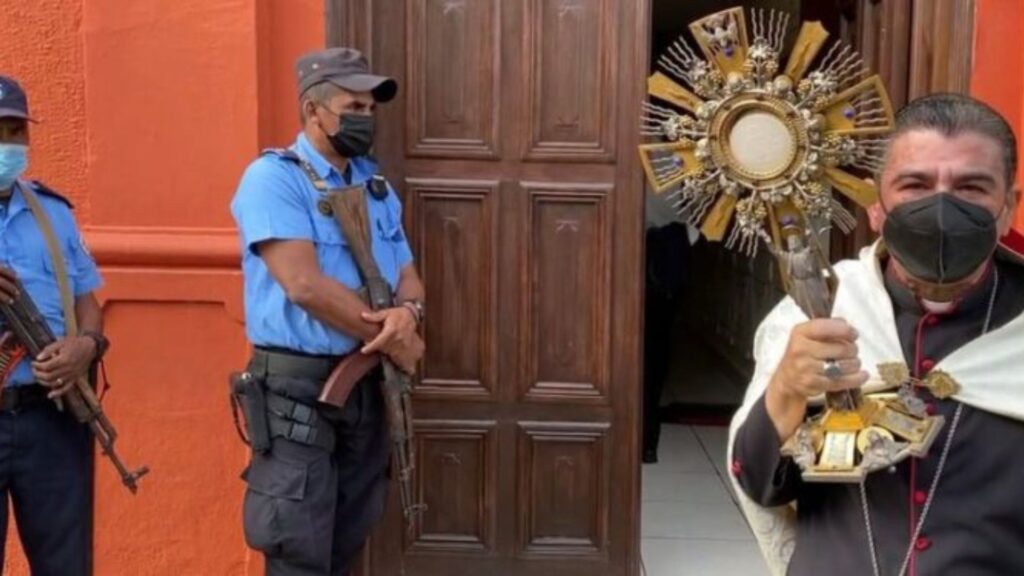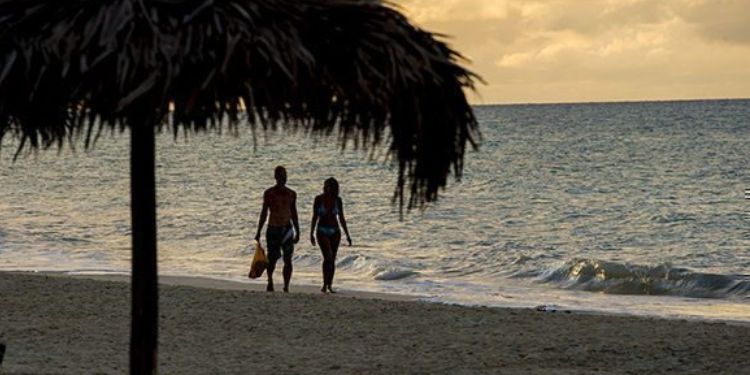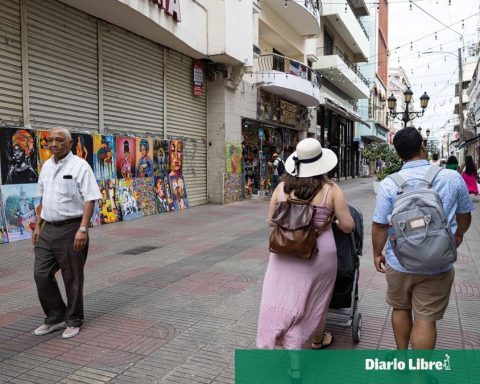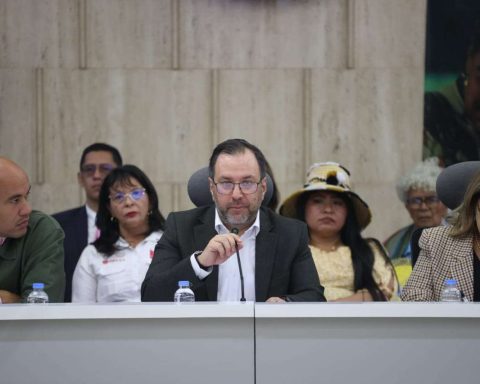1. E
Last Wednesday, after a long battle with cancer, Mike Davis, author, activist, Marxist theorist and professor emeritus at UC Riverside, died (see: bit.ly/3DcD3lT). She was 76 years old. Davis has been a pioneering historian of the American working class, of urban development, and a fierce critic of the economic, political, and military apparatuses. One of his main arguments was that natural disasters (droughts, floods, global warming, etc.) have nothing to do with natural
Rather, they are generated or exacerbated by rampant hoarding, greed, and racism.
He was a public intellectual and street thinker
essential for radical political action. An author who understood his work as a contribution to the cause of human liberation and the old school socialism
with its centrality in the work, in the organization and in the need to calibrate
positions according to the situation (bit.ly/3DFhYSG). He started out working in a slaughterhouse and as a truck driver, then went to college and became interested in Marxism. In the tradition of Marx himself, the central issues for him have always been property and economic power (not, for example, inequality
). In the 1980s he lived in Ireland and in Great Britain, where he was an editor at New Left Review ( NLR).
2. Author of some two dozen books, he is best known for his treatise on Los Angeles, City of Quartz (1990), a best-seller that diagnosed an urban situation about to explode (and that exploded two years later with the murder of Rodney King). An edition that changed the perspective of a whole generation of researchers, opened new paths in urban studies and was followed by Ecology of Fear (1998). In Late Victorian Holocausts (2000) forcefully argued that the famines in 19th century India and the deaths of tens of millions of people were direct consequences of colonial rule, the fanatical implementation of free market ideology and new technologies (railroad etc.), while in planet of slums (2005) studied the urban realities of the majority of humanity. those who read The Monster at Our Door: The Global Threat of Avian Flu (2005) knew what to expect when the first news about the coronavirus came out. Another large part of his work is not in his books, but in countless articles and countless interviews (which would be worth publishing in one volume).
3. His diagnosis of the depth of capitalist collapse was devastating. The label prophet of catastrophes
did not like anything (bit.ly/3zjhjDC), but it reflected the core of his analysis and the desperate times in which we live and in which We’ve already passed many turning points
. Never has so much economic, media and military power been placed in so few hands
emphasized Davis, lambasting, incidentally, the ruling class, for lacking any vision and focusing only on managing the ongoing multifaceted crisis −economic, ecological, etc− (bit.ly/3W99kmk), which is not circumstantial, but rather the failure of capitalism to generate sustainable jobs and income, rendering a vast majority of humanity surplus and disposable
(bit.ly/3zdG7gk).
4. Davis was famously outspoken, something many say he carried over from his trucking days. his time his on NLRfor example, was filled with antics
(but, also, the English are scandalized by everything). On one occasion he caused the team to faint when he sent one of the rejected and dissatisfied collaborators a letter that said: “Dear Professor Genovese: fuck you!”; in another, at a meeting, he spilled his collection of pets from his desk to the floor: a garter snake, an axolotl, and a carnivorous African toad (bit.ly/2LYAGrD). But when someone in the office had a flat tire once, he was the only one who knew what to do about it. His animosity with Fredric Jameson −in many ways his antithesis−, another giant of American Marxism from whom he did not spare criticism, reflected the peculiarity of his figure. He used to be excessively honest with the companions who, according to him, softened -implementing the merciless criticism of everything that exists
Marxian to everyday life (bit.ly/3zmHHfT)−, but at the same time he was extremely generous as a scholar and as a mentor.
5. Apart from author −although he himself stressed that he was not a writer, he hardly a storyteller
( lat.ms/3sC5vJ3 )− he was a tireless organizer who, despite his bleak analysis, maintained optimism and hope, emphasizing that you had to fight with or without her
(bit.ly/3gP40o7). In the past few months, sharing their latest emails with young colleagues, he said that he was leaving in peace, knowing that he is leaving a whole new generation of fighters. His main advice to young activists: never give up the streets
(bit.ly/3DINq2t). In one of his last interviews he was asked how it was possible for him to remain so optimistic, he said: I have seen miracles happen. I’ve seen ordinary people do heroic things. When you have had the privilege of meeting so many great fighters you cannot lay down the sword, even if things objectively seem hopeless.
. And he added: what keeps us going is our love for each other and our refusal to bow our heads, to accept the verdict, however powerful it may seem. It is what ordinary people have to do. You have to love each other. We have to defend each other. you have to fight
(bit.ly/3zhv3yX). Mike Davis present!

